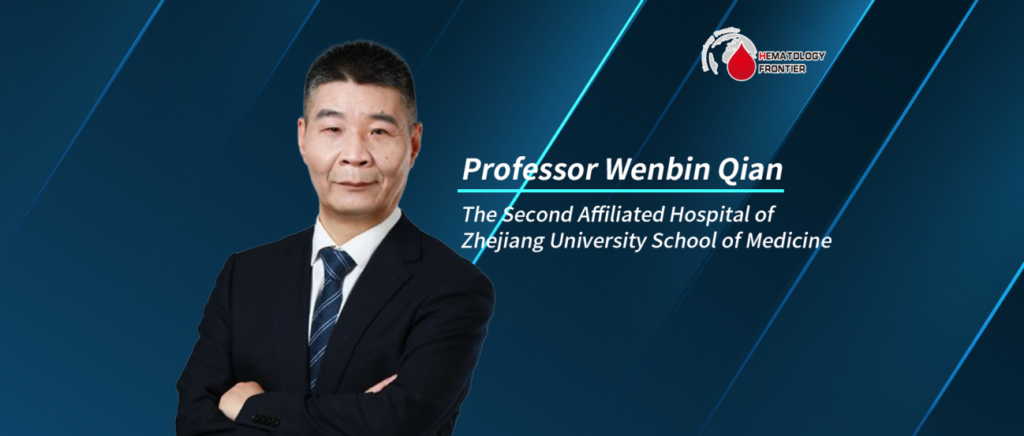2024 North-South Summit丨Professor Leiping Wang: Is Neoadjuvant Immunotherapy the Future for HR+/HER2- Breast Cancer?
HR+/HER2- is the most common subtype of breast cancer, which is not highly sensitive to neoadjuvant therapy. In 2023, clinical trial results from KEYNOTE-756, CheckMate 7FL, and other studies presented at international conferences showed the potential of neoadjuvant immunotherapy for early-stage HR+/HER2- breast cancer patients. At the 2024 North-South Summit, Professor Leiping Wang from Fudan University Cancer Hospital delivered a report titled "HR+/HER2- Breast Cancer: Entering the Era of Neoadjuvant Immunotherapy?" This article reviews the content of her lecture for readers.










